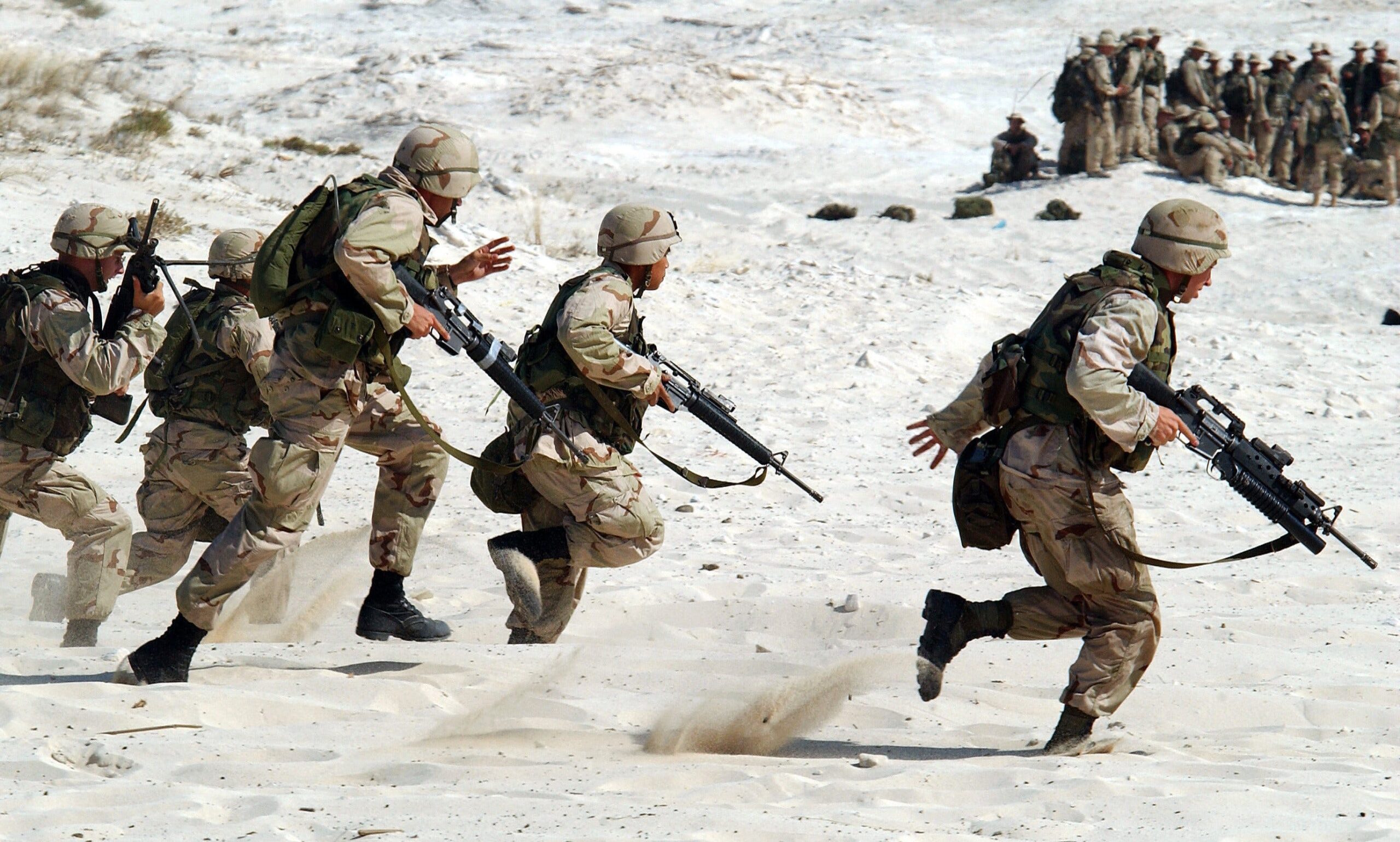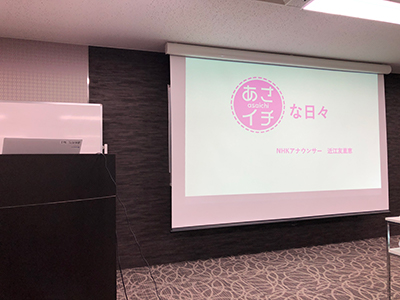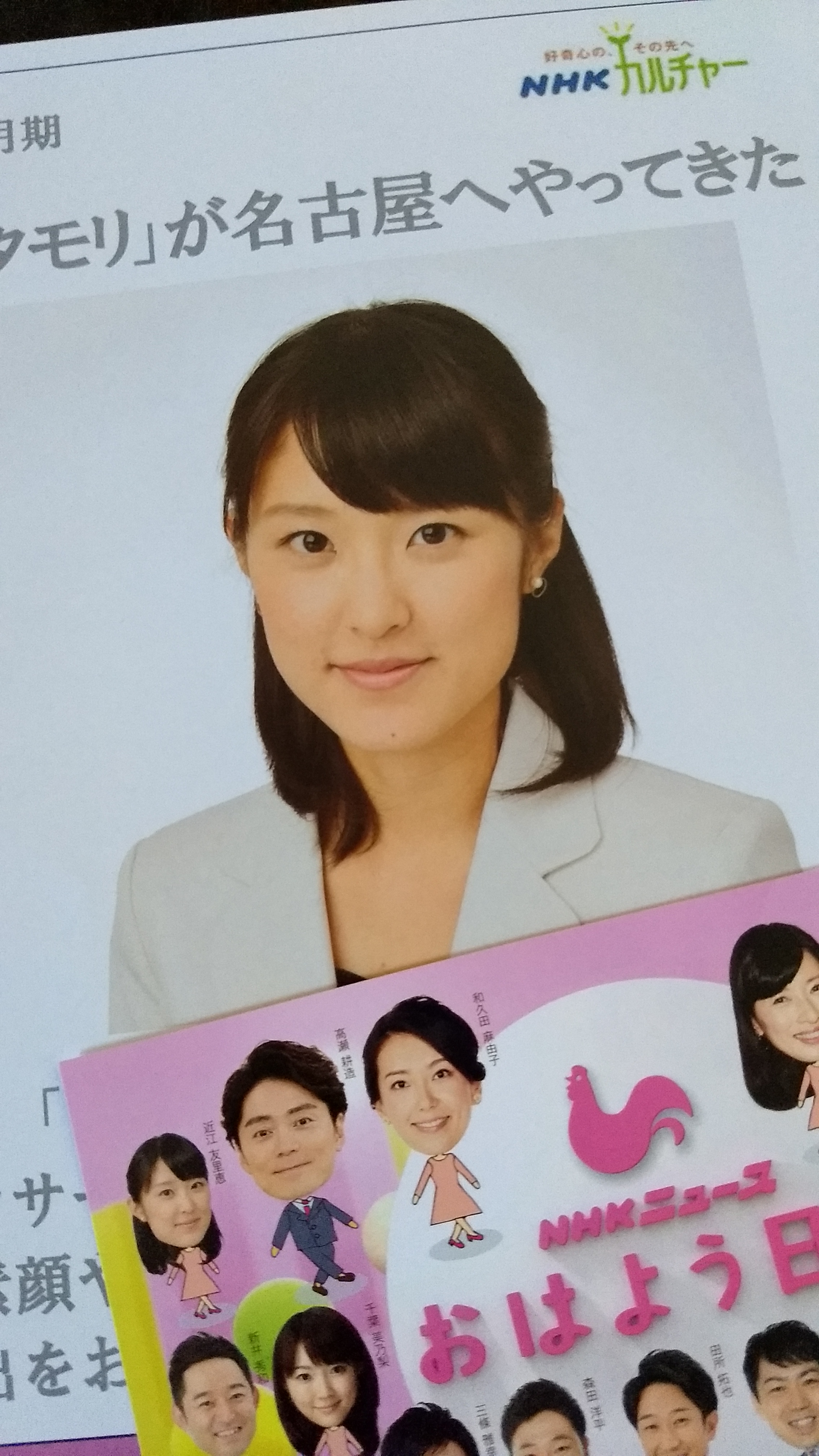Category: People 人
-

Prelude to WWIII / 第三次世界大戦の序章
日本文が後ろに続きます。 The second year of the Reiwa period began with a nightmare. More precisely, at the beginning of the year, nobody could predict what would be going on just two months later. I am talking about what the entire world is fighting against—COVID-19. The coronavirus outbreak has been an urgent global issue. It was just…
-

Visiting United States military bases in Japan
Visiting US military bases is fun for me. The US Army, US Navy, US Air Force and US Marine Corps use 75 facilities within Japan and Okinawa, 51 of which are dedicated and the rest 24 shared with Japan Self Defense Force. Though those facilities are usually closed to civilians, they are open to residents…
-

もうひとつの朝ドラ:近江友里恵さんトークライブ
8月31日に青山一丁目のNHK文化センターで近江友里恵さんの講演会があったので行ってきました。こちらのエントリにも書いたように、私は近江友里恵アナウンサーのファンで、一昨年には名古屋での講演会に出かけていったことがあります。今回は東京で行きやすいので、受講募集があったときに速攻で申し込みました。
-

Another Asadora: a talk show by Yurie Omi
On August 31, I went to NHK Culture Center at Aoyama-itchome in Tokyo to attend a lecture presentation of Ms. Yurie Omi. As I wrote in this entry, I have been a fan of the NHK Announcer, and once met her at her talk show in Nagoya two years ago. This time it was held…
-

笑福亭里光師匠のこと
落語家の笑福亭里光師匠は中学時代の同級生です。同じクラスのときはけっこう仲良くしていて、同じ部活に入って、同じ日にその部活を一緒に辞めに行った間柄でした。中学時代から落語をやるのが趣味で、学校のイベントなどで高座を設けてもらって一席やったりすることがあって、それがただの趣味の域を超えてけっこう上手かったんですね。
-

Shofukutei Riko
Shofukutei Riko (笑福亭里光) is a professional rakugo artist who speaks Kansai-dialect rakugo stories. Rakugo is, as written in Wikipedia, a form of Japanese verbal entertainment where the lone storyteller sits on stage and depicts a long and complicated comical (or sometimes sentimental) story using only a paper fan and a small cloth as props. He was…
-

近江友里恵さんのこと
NHKのアナウンサーの近江友里恵さんのファンです。といっても今年のお正月に実家に帰省していたときにたまたま「ブラタモリ」をTVで見て初めて知ったんですが。「ブラタモリ」自体、桑子真帆アナウンサーがアシスタントをしていた時代に一度見たきりで、それまでほとんど見たことなかったのですが、このときは、昼に「伊勢」「横浜」の回の再放送をやっていて、さらに夜には「鶴瓶の家族に乾杯」とのコラボレーションスペシャルで成田山に行っていた回の放送があって、そこに出ていたアシスタントの近江アナウンサーがなんかいい味を出していて、注目するようになりました。
-

Yurie Omi
According to Wikipedia, “Yurie Omi (born July 27, 1988) is a Japanese female announcer, television reporter, television personality, and news anchor for NHK. Omi is one of the hosts of NHK morning news show NHK News Ohayō Nippon. She is also the co-host of NHK television series Bura Tamori aired from April 2016.” I’ve been…
-
Tribute to stewardesses / 機上の女神
日本文が後ろに続きます。 I love stewardesses, or female flight attendants working on the aeroplane. As is often the case with Asian airlines, Japan’s airlines such as Japan Airlines and All Nippon Airways have many attractive-looking stewardesses because of the history they once hired such women as flight attendants. Nevertheless, I love them not only because they look…